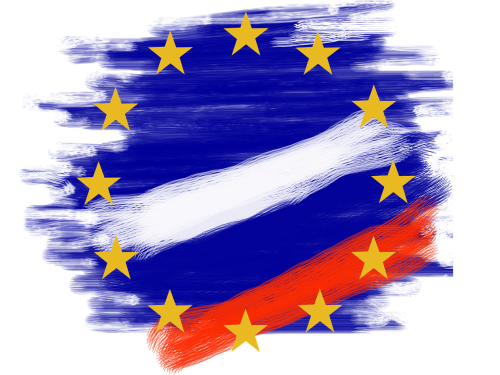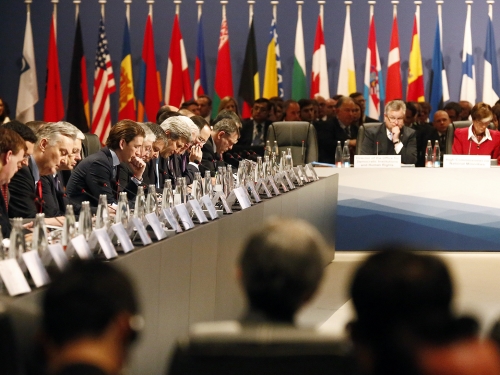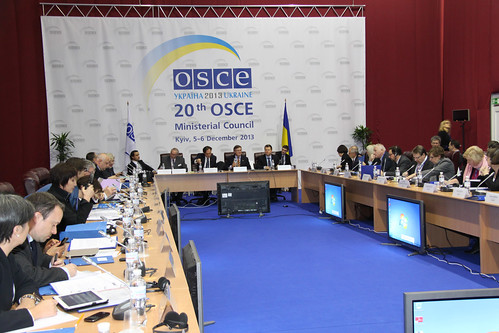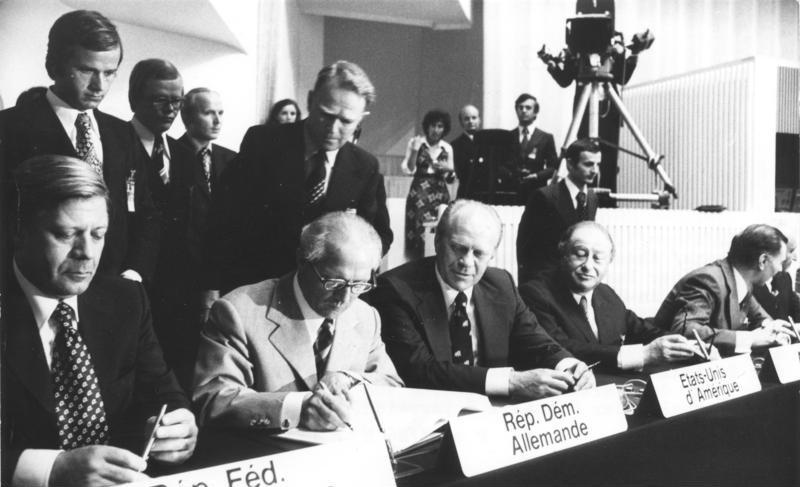
This article was originally published by the Security and Human Rights Blog on 22 January, 2015.
On 15 January, OSCE Chairperson-in-Office, Serbian Foreign Minister Ivica Dačić outlined the priorities of the 2015 Serbian OSCE Chairmanship at a meeting of the OSCE Permanent Council in Vienna. Foreign Minister Dačić stressed that the main priority of the Serbian Chair would be to continue supporting a peaceful resolution of the crisis in and around Ukraine. In this context, he expressed support for the work of the Trilateral Contact Group, the Special Monitoring Mission to Ukraine and their respective roles in helping to implement the Minsk protocols as well as the peace plan for the east of Ukraine.




